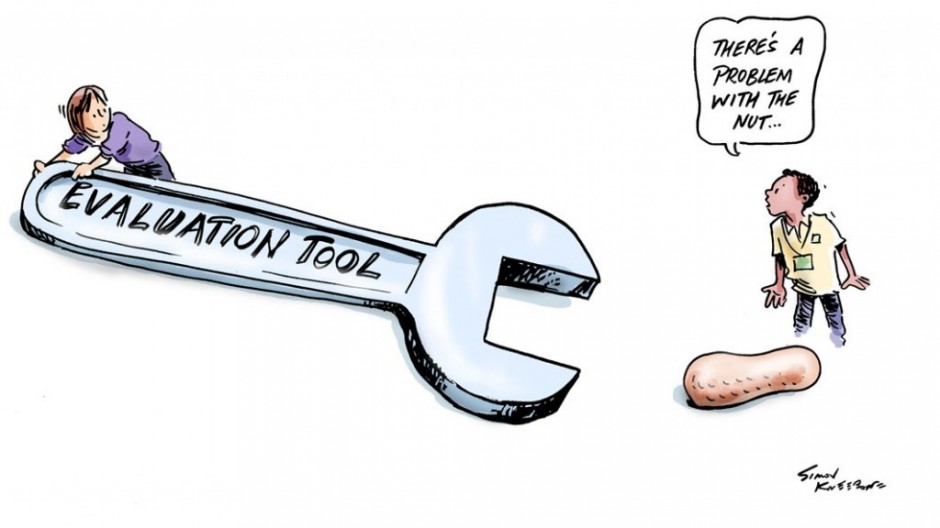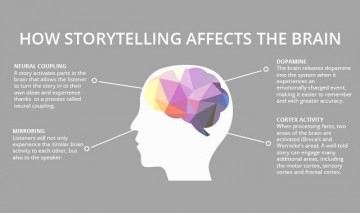
Graphic crossposted from FeedBackLabs
UBC science research projects are increasingly being asked by funders to report on their potential ‘Benefits to Canada’ and social/economic impact. Genome Canada, for example, requires researchers to measure their potential impact with specific metrics and identify their economic and social ‘Benefits to Canada’ throughout the life of the project.
In the recent g.e@UBC workshop Evaluating Genomic Science: A Conversation with Dr. Samantha Evans, Director of Evaluation, Genome Canada, Dr. Evans discussed the challenges that funding agencies and researchers face with the current evaluation practices employed to assess the impact of science. While ‘output’ metrics are easily collected, the hard-to-quantify ‘outcomes’ and ‘impacts’ (defined as changes in attitudes and/or behaviors that are usually broad in scope and occur over time) are more difficult to capture.
During the discussion session, Dr. Evans, together with various audience members, including genome research projects’ Principal Investigators and Project Managers, identified the need to embrace alternate approaches to communicate their potential impact and ‘Benefits to Canada’. One such approach is through impact narratives and storytelling.
No, we’re not talking about relating metabolomics to Peter Pan; scientific storytelling is interesting enough! Stories have been and are a large part of society and can be used to effectively communicate the results of research projects at UBC. The science behind storytelling creates a compelling argument.
Studies indicate a strong neurological response to storytelling. Stories can improve the comprehension and understanding of ideas between the listener and storyteller.
Using stories to communicate scientific research to the public isn’t a new concept. Storytelling has been the pursuit of many scientists, Neil Degrasse Tyson from ‘The Cosmos’ being one of them. Developing storytelling skills and effectively communicating the potential value a research project can achieve, however, is becoming an increasingly important skill. We know that not every scientist needs to be a TED Talks speaker or have a T.V. show, but they do need to be able to communicate their findings to non-technical people in a meaningful way. Especially if their project’s funding could, at some level, depend on it.
So where do we start? What is the best path to take with the current evaluation system? In response to these questions, g.e@UBC has developed a follow-up workshop aimed at their research project partners to hone in on the potential of scientific storytelling to help Principal Investigators and Project Managers satisfy current and future funders and evaluation processes. This workshop, facilitated by Denise Withers, Narrative Strategist at lumose narrative design will use Logic Models and Theories of Change concepts to help teams build a story based on facts and their research. Stay tuned for follow-up posts of the results of this workshop and other g.e@UBC news!
Post by Fraser Larock.
Read more about g.e@ubc’s latest module titled Using Logic Models and Theory of Change to Demonstrate Impact in Genomics Research, facilitated by Denise Withers, here.


